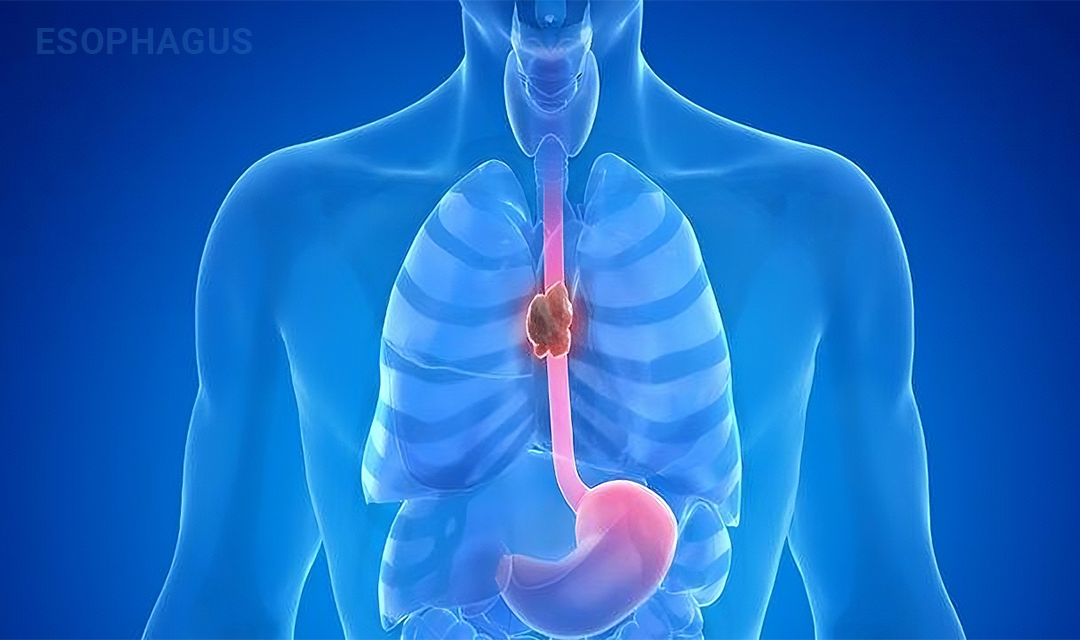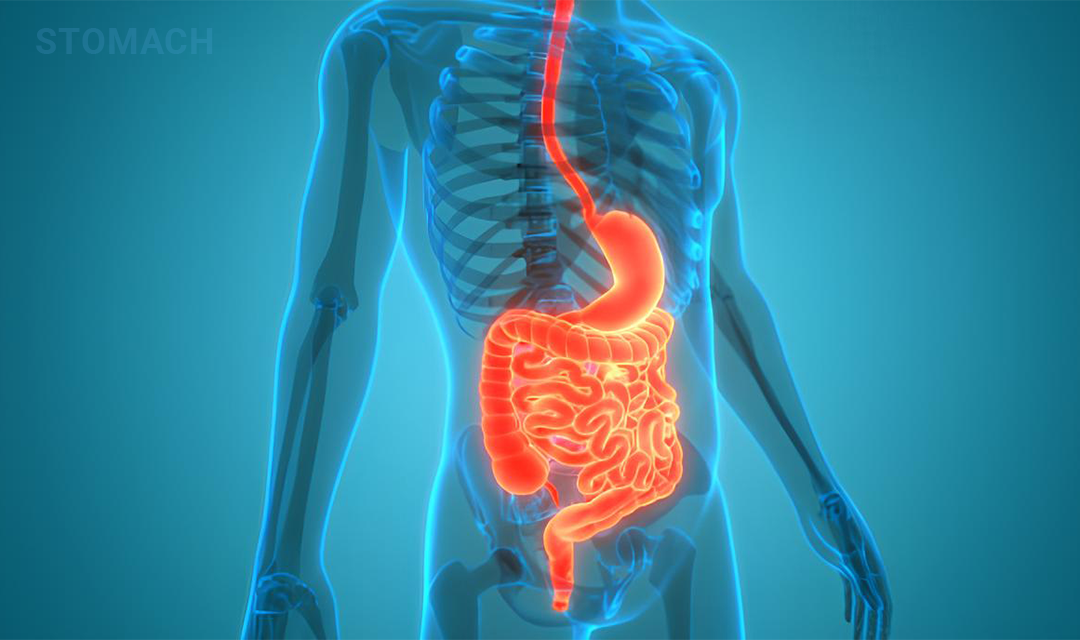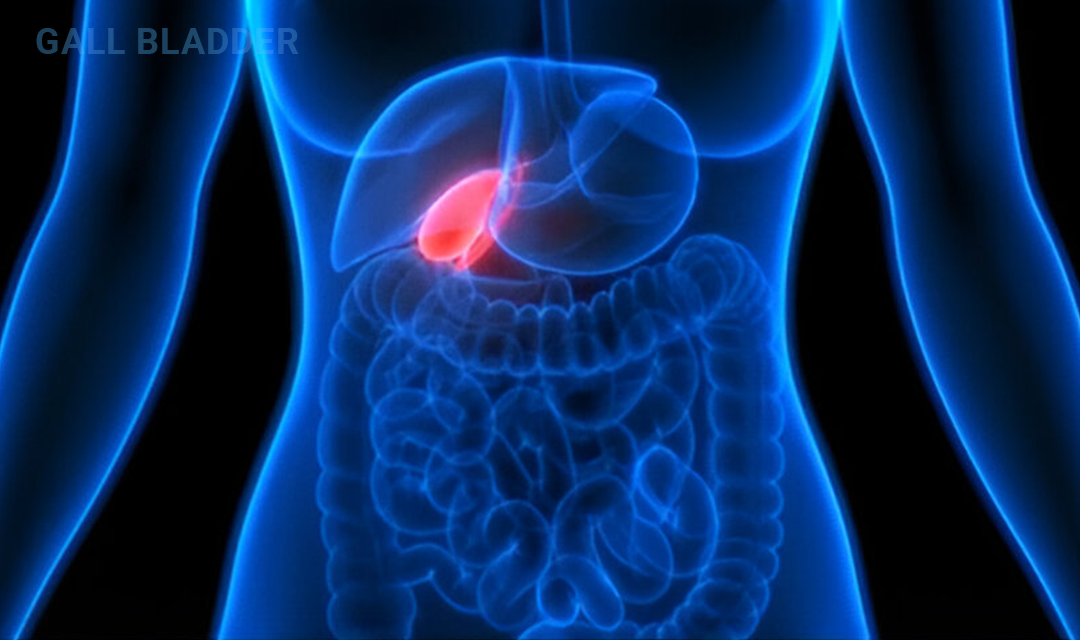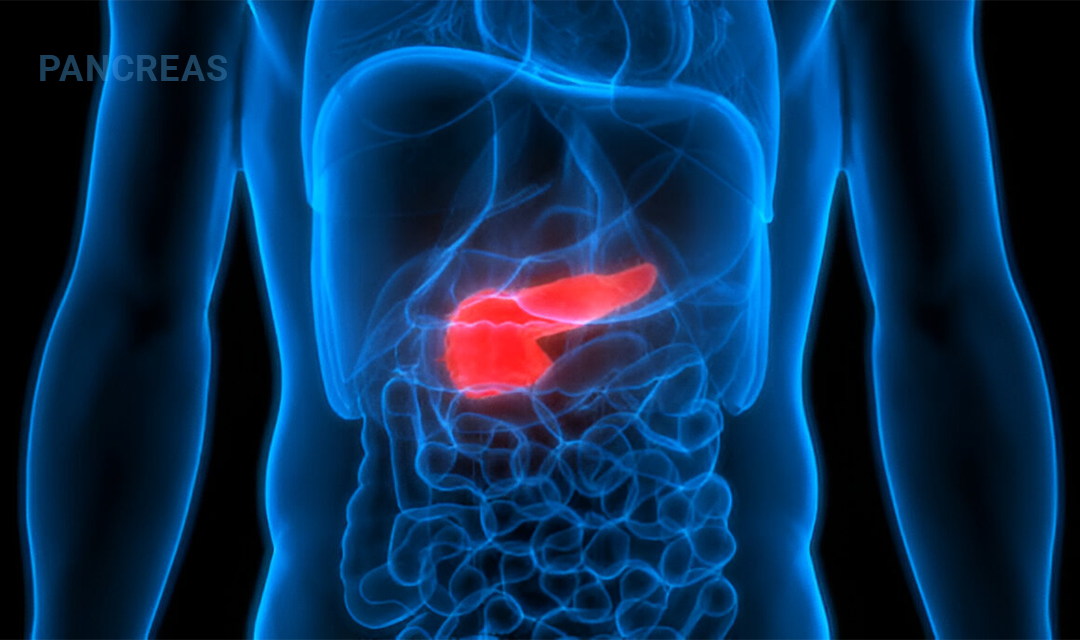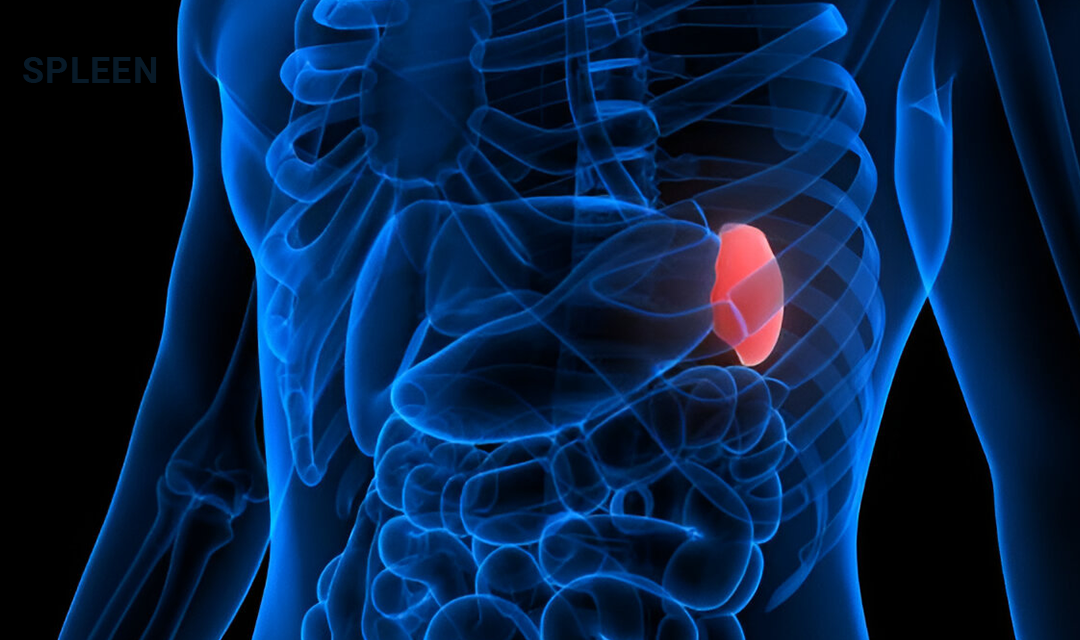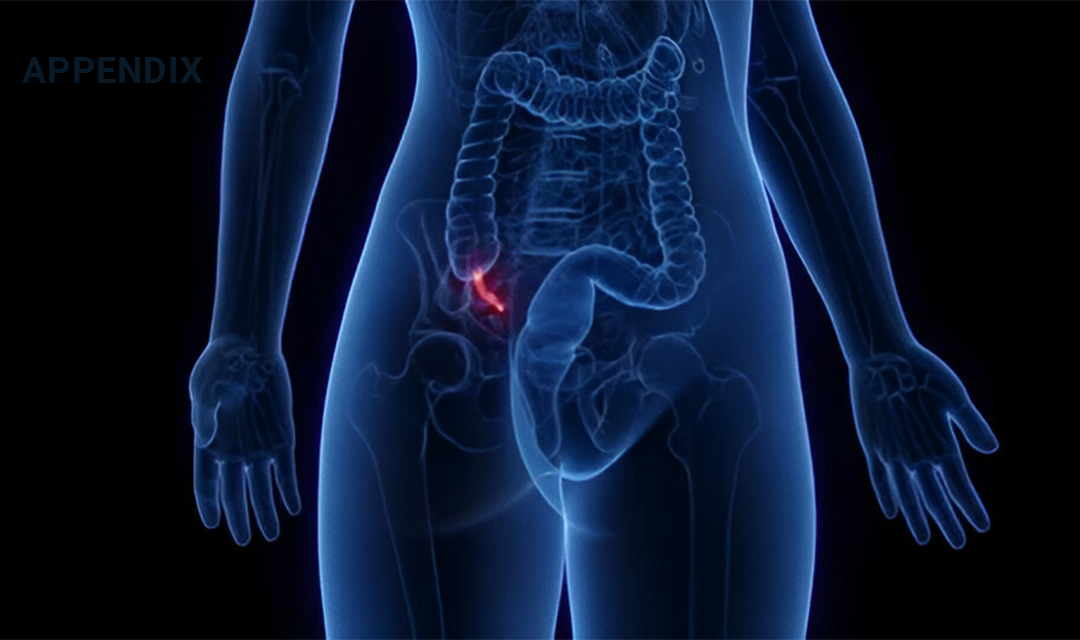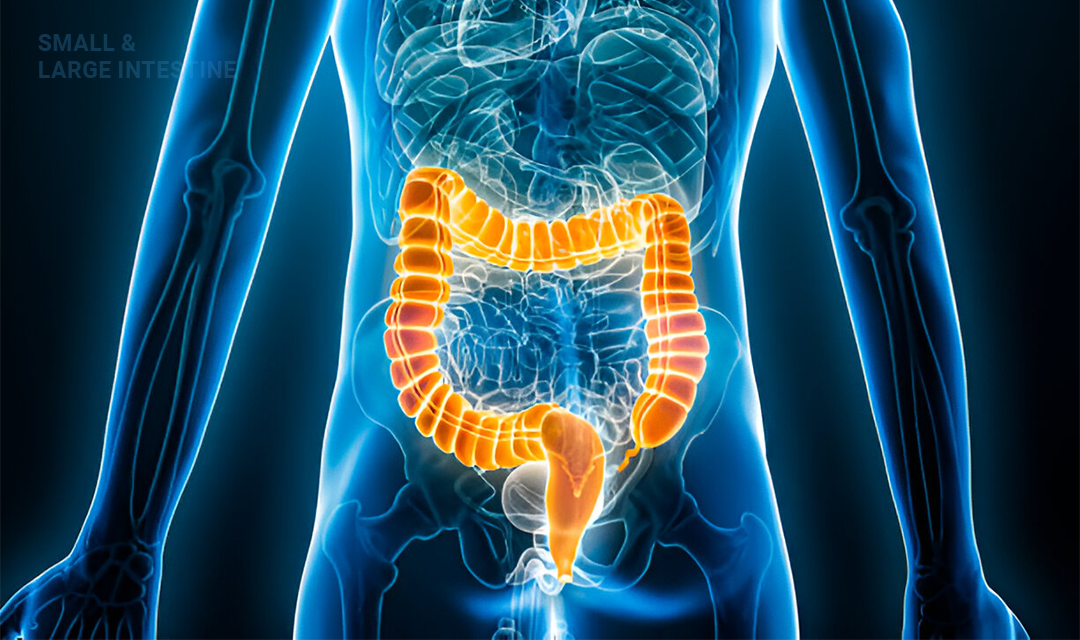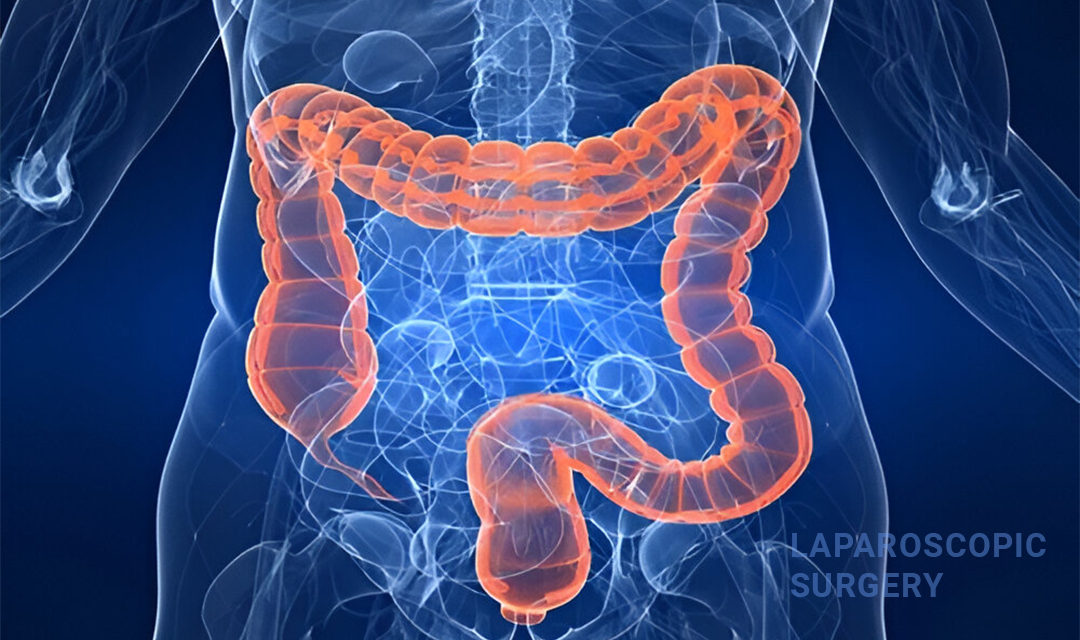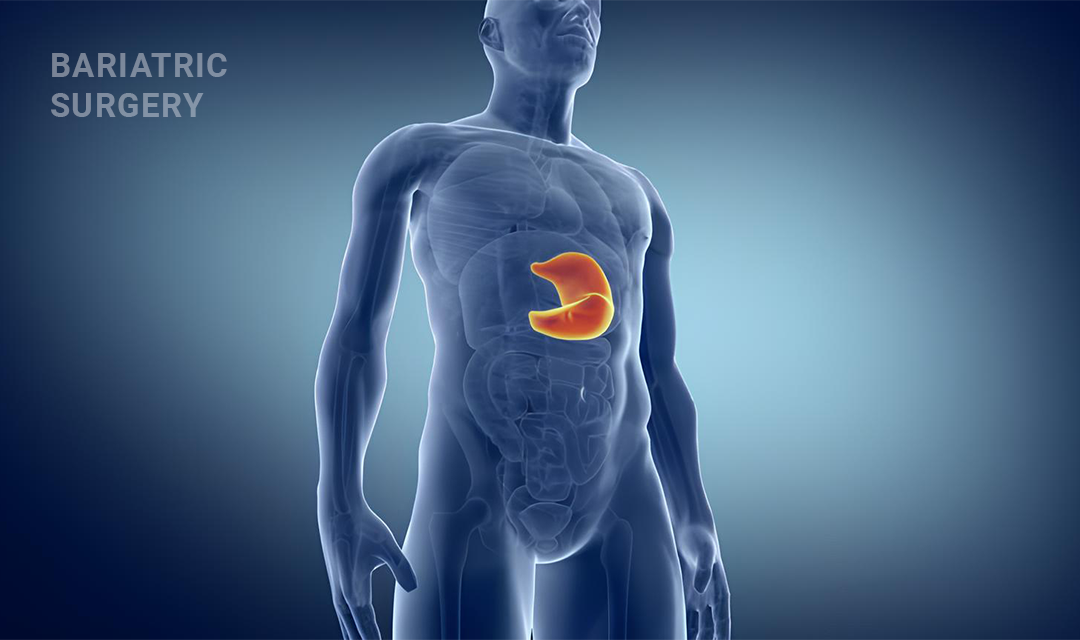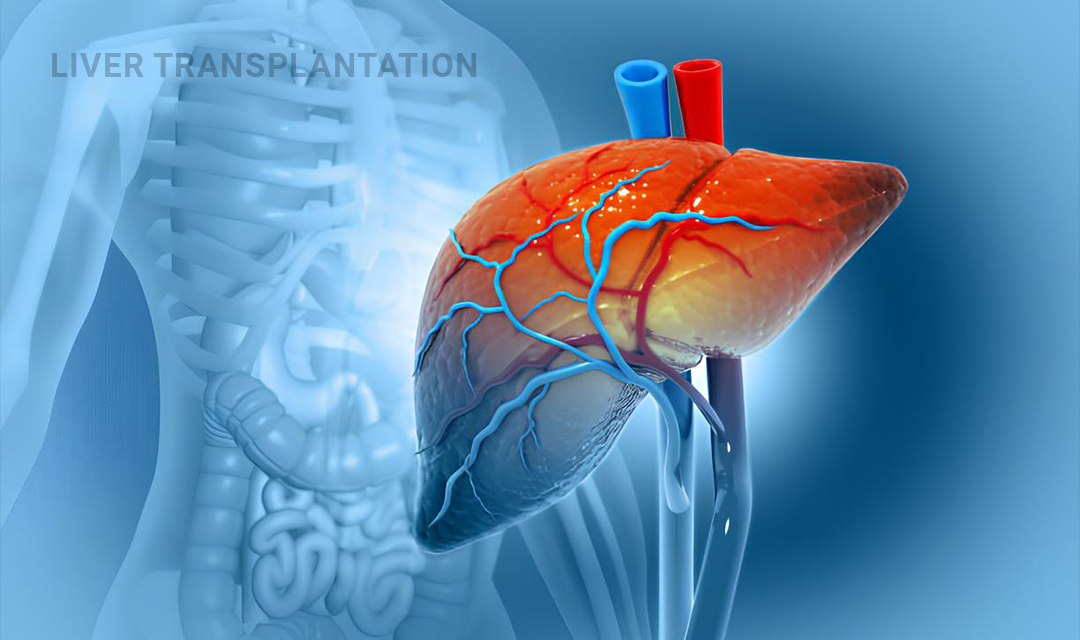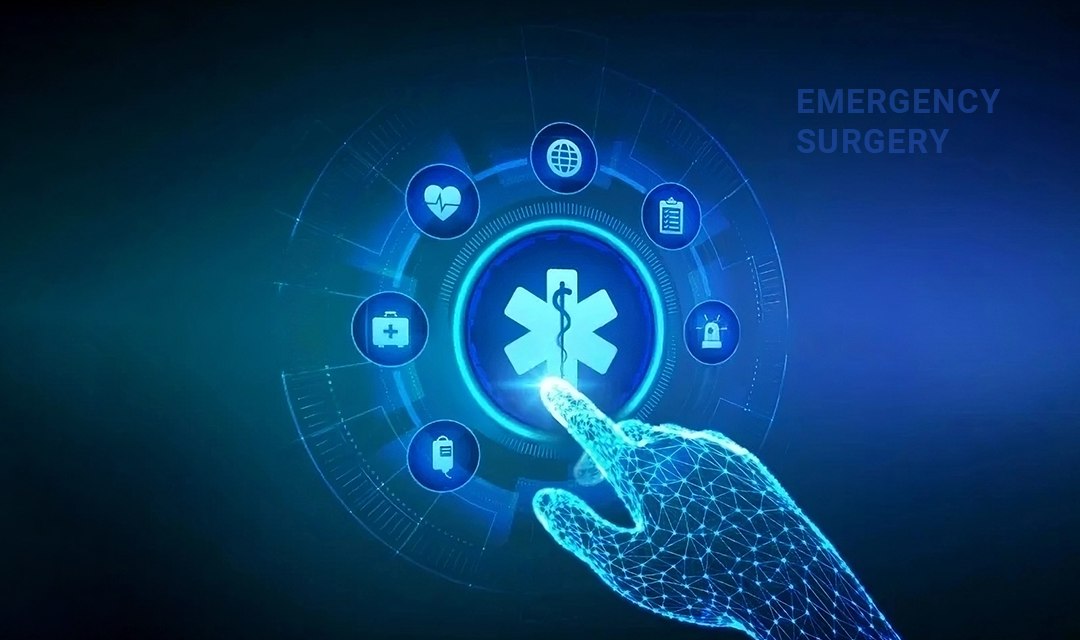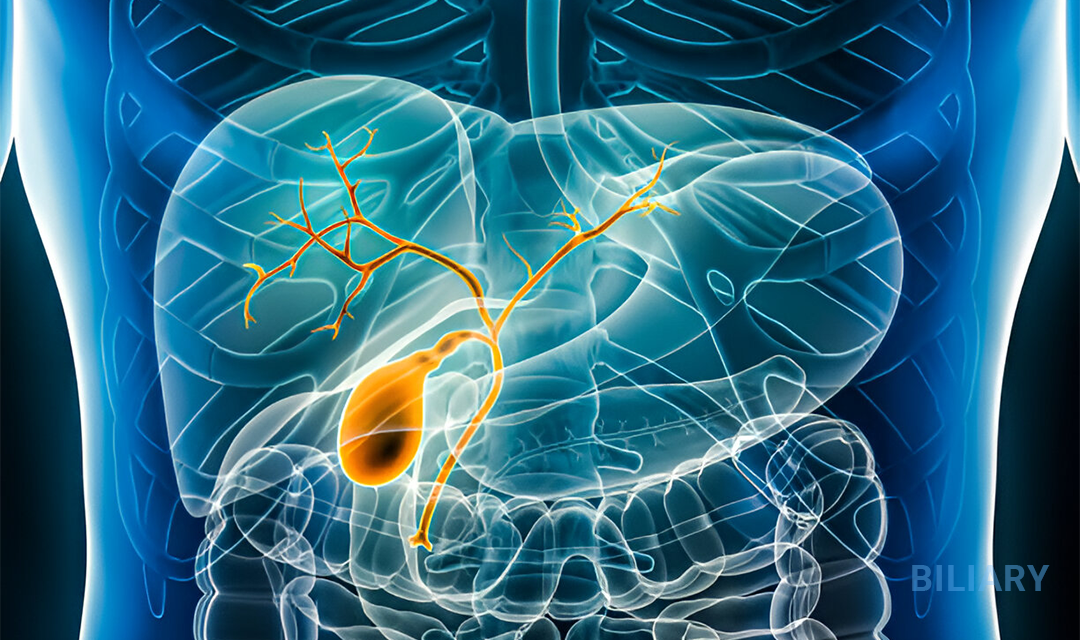
Biliary Disease Treatment in Guntur: Expert Care by Dr. Varun Palanati
What is the Biliary System?
The biliary system, also known as the biliary tract or biliary tree, plays a vital role in digestion. This network of organs and ducts works together to produce, store, and transport bile—a digestive fluid essential for breaking down fats and absorbing fat-soluble vitamins.
Understanding the Biliary System
The biliary system includes:
- Liver: Produces bile to aid digestion and fat absorption.
- Gallbladder: Stores and concentrates bile until it is needed during digestion.
- Bile Ducts:
- Intrahepatic Bile Ducts: Collect bile from liver cells within the liver.
- Hepatic Ducts: Two main ducts (right and left) that merge into the common hepatic duct.
- Cystic Duct: Connects the gallbladder to the common hepatic duct.
- Common Bile Duct: Carries bile to the duodenum (the first part of the small intestine).
- Pancreatic Duct: Often joins the common bile duct, allowing digestive enzymes to mix with bile.
How the Biliary System Works
- Bile Production: The liver continuously produces bile, which contains bile acids, bilirubin (a byproduct of red blood cell breakdown), cholesterol, and electrolytes.
- Bile Storage and Concentration: The gallbladder stores bile and absorbs water, making it more concentrated.
- Bile Release: When fatty foods are eaten, the gallbladder contracts and releases bile into the common bile duct, which delivers it to the duodenum.
- Flow Regulation: The sphincter of Oddi regulates bile flow into the small intestine.
Symptoms of Biliary System Problems
- Abdominal Pain: Typically sharp or cramping pain in the upper right abdomen, sometimes radiating to the back or right shoulder.
- Jaundice: Yellowing of the skin and eyes due to elevated bilirubin levels.
- Dark Urine: Caused by excess bilirubin.
- Pale Stools: Light-colored stools due to reduced bile flow to the intestines.
- Nausea and Vomiting: Often associated with bile duct obstructions or gallbladder inflammation.
- Fever and Chills: May indicate infection or inflammation in the biliary system.
Common Causes of Biliary System Problems
- Gallstones (Cholelithiasis): Hard deposits that can block bile flow, causing pain or inflammation.
- Cholecystitis: Inflammation of the gallbladder, often due to gallstones blocking the cystic duct.
- Choledocholithiasis: Gallstones in the common bile duct, leading to blockages and potential jaundice or pancreatitis.
- Biliary Stricture: Narrowing of the bile ducts due to scarring or inflammation, which can obstruct bile flow.
- Biliary Atresia: A congenital condition where bile ducts are malformed or absent, leading to liver damage in infants.
- Primary Biliary Cholangitis (PBC): An autoimmune condition that slowly destroys bile ducts in the liver.
- Primary Sclerosing Cholangitis (PSC): Chronic inflammation and scarring of bile ducts, often linked to inflammatory bowel disease.

“Dr. Varun provides expert care in biliary disease treatment, offering advanced solutions and relief for patients with biliary system conditions in Guntur.”
Home Remedies to Avoid Biliary Complications
Adopting healthy lifestyle habits can reduce the risk of biliary problems:
-
Maintain a Balanced Diet
- Low-Fat Foods: Avoid fried, fatty, and processed foods to reduce gallstone risk.
- High-Fiber Diet: Include fruits, vegetables, whole grains, and legumes to support digestion.
- Hydration: Drink plenty of water to aid bile flow and prevent gallstone formation.
-
Avoid Rapid Weight Loss
- Gradual Weight Loss: Prevents imbalances that can increase gallstone formation.
-
Stay Active
- Regular Physical Activity: Supports healthy digestion and reduces bile stagnation.
-
Limit Alcohol Consumption
- Alcohol Intake: Excess alcohol can contribute to liver and biliary damage.
-
Natural Remedies
- Lemon Water: May stimulate bile production and aid digestion.
- Turmeric: Contains curcumin, which supports liver and bile health.
- Peppermint Tea: May help with bile flow and digestion.
When to See a Doctor
Consult a healthcare professional if you experience:
- Persistent or severe abdominal pain, especially in the upper right abdomen.
- Jaundice (yellowing of the skin or eyes).
- Dark urine or pale stools.
- Nausea, vomiting, or fever that doesn’t improve.
- Recurrent symptoms despite dietary changes or home remedies.
Early diagnosis and treatment can prevent complications such as infections, pancreatitis, or liver damage.
Treatment Options for Biliary Conditions
-
Medications:
- Pain Relievers: Manage pain caused by gallstones or inflammation.
- Antibiotics: Treat infections associated with bile duct obstructions.
- Ursodeoxycholic Acid: Dissolves specific types of gallstones.
-
Lifestyle Changes:
- Dietary Adjustments: Reduce fat intake and incorporate more fiber-rich foods.
- Weight Management: Maintain a healthy weight through gradual, sustainable weight loss.
-
Endoscopic Procedures:
- ERCP (Endoscopic Retrograde Cholangiopancreatography): Diagnoses and treats bile duct obstructions or removes stones.
- Endoscopic Sphincterotomy: Improves bile flow by cutting the sphincter of Oddi.
-
Surgical Interventions:
- Cholecystectomy: Removal of the gallbladder, often performed laparoscopically, to treat symptomatic gallstones or cholecystitis.
- Biliary Reconstruction: Performed for severe strictures or blockages in the bile ducts.
-
Liver Transplant:
- Necessary in severe cases, such as biliary atresia or advanced primary biliary cholangitis.
When Is Surgery Necessary?
Surgery may be required for:
- Recurrent Gallstones: Causing persistent pain, inflammation, or infection.
- Cholecystitis: Severe inflammation of the gallbladder that does not improve with other treatments.
- Bile Duct Blockages: Obstruction of bile flow leading to complications such as jaundice or pancreatitis.
- Congenital Conditions or Severe Damage: Including biliary atresia or advanced scarring of the bile ducts.
Frequently Asked Questions (FAQs)
A Patient’s Experience

“Dr. Varun provides expert care in biliary disease treatment, offering advanced solutions and compassionate care for patients in Guntur. His precision and dedication make him a trusted surgeon for biliary conditions.”
- Rajesh Kumar
- Satisfied Patient

“I’m incredibly grateful to Dr. Varun for his skilled treatment of my biliary condition. His detailed approach and exceptional care have greatly improved my quality of life.”
- Anita Rao
- Thankful Patient
Conclusion
- The biliary system plays an essential role in digestion, and maintaining its health is key to overall well-being. By adopting a healthy lifestyle and seeking timely medical care, many biliary issues can be prevented or effectively managed.
- For expert biliary care, Dr. Varun Palanati offers advanced, patient-centered treatments in Guntur. Whether you need minimally invasive procedures or complex surgical interventions, Dr. Varun’s expertise ensures the best outcomes for your health.
